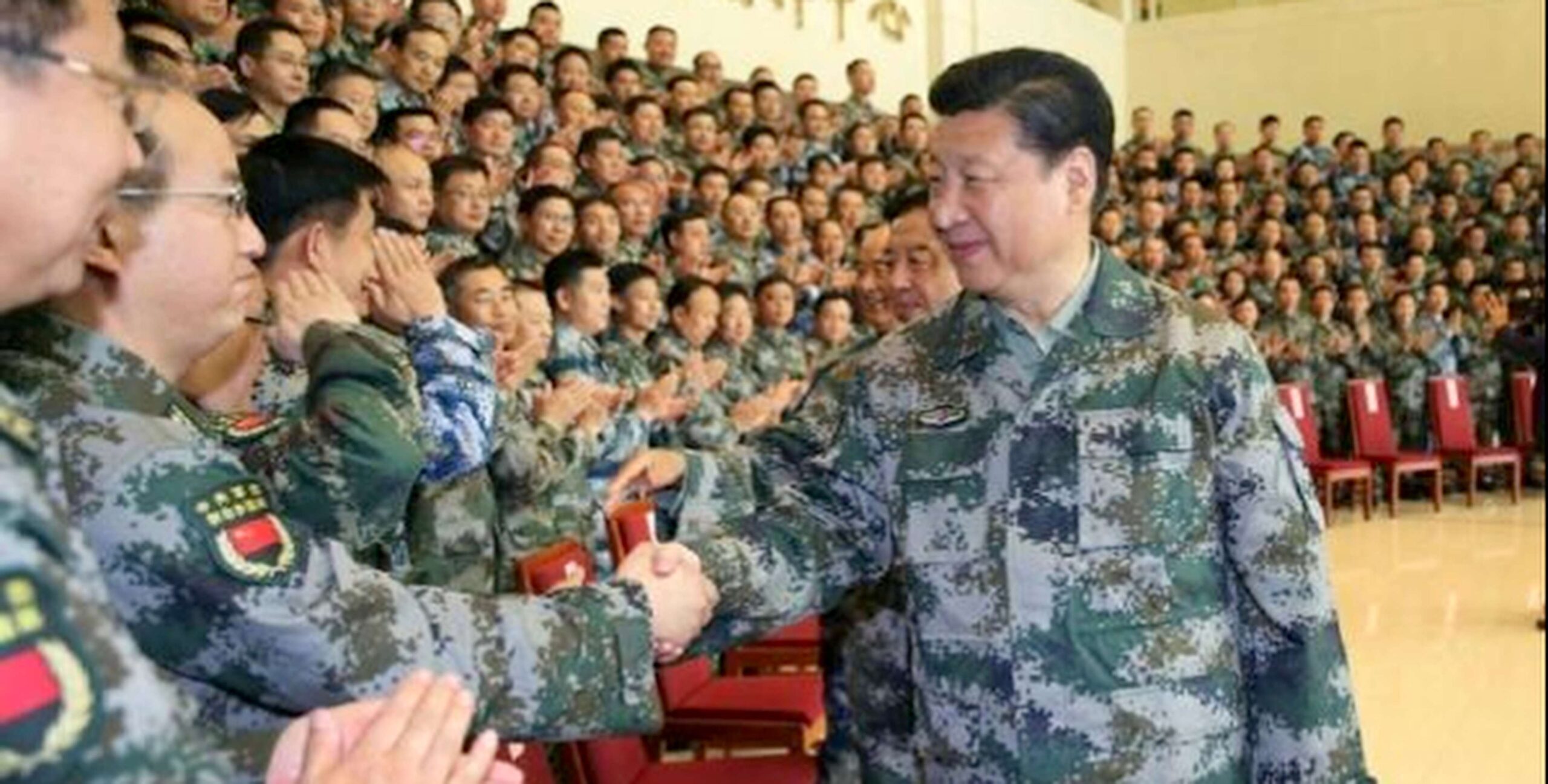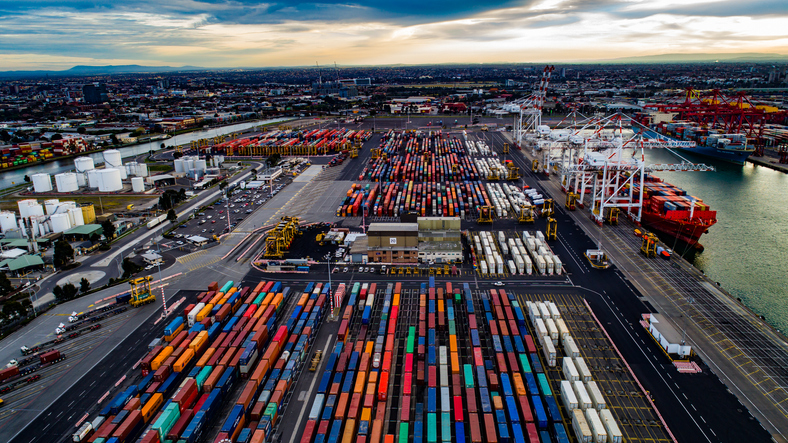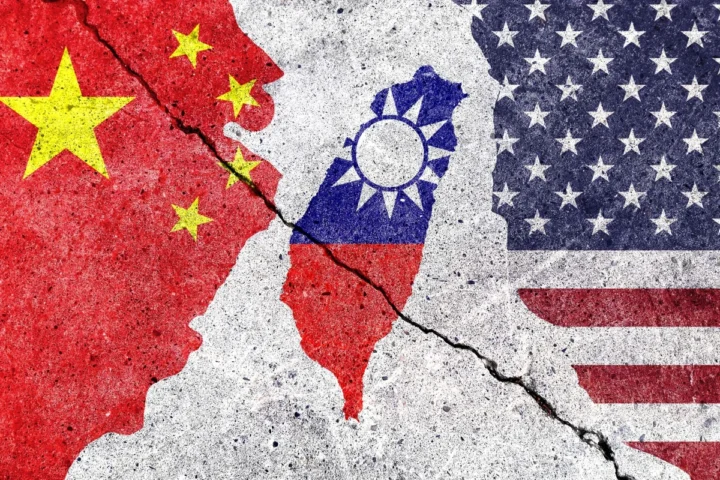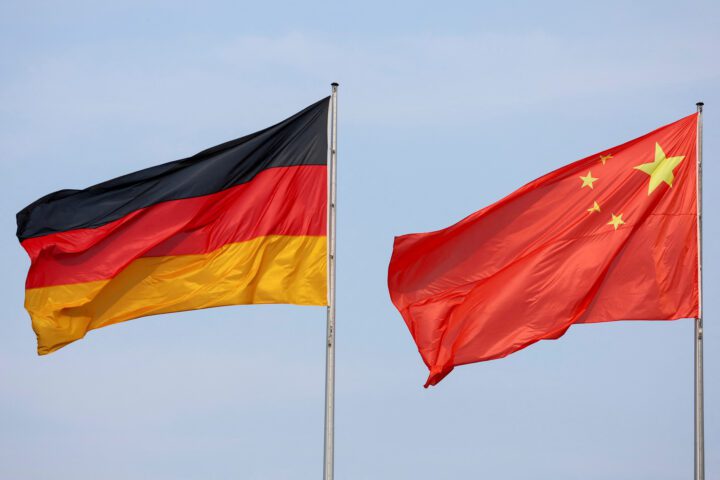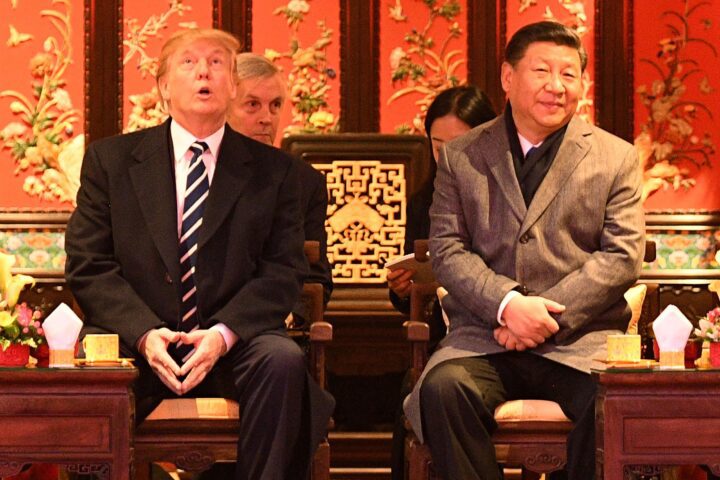President Xi Jinping, in a recent inspection of the Information Support Force, underlined the need for a ‘new round of technology and military revolution’ in warfare, according to Chinese state media. This call to action is perceived as a significant move towards modernising China’s military and giving it a competitive edge in the global arena.
The Information Support Force plays an integral role in China’s military strategy. As an arm of the People’s Liberation Army (PLA), it operates as a hub for information collection, analysis, and distribution. Its primary purpose is to provide strategic information that will enable the PLA to make informed decisions on the battlefield. In essence, it is the nerve centre of China’s military might.
Xi’s message to the Information Support Force is clear: to remain at the cutting edge of military technology, China must embrace a new era of technological advancement and innovation. The President’s emphasis on a ‘new round of technology and military revolution’ underlines his commitment to transforming the Chinese military into a world-class force by the mid-21st century.
The nature of warfare has evolved dramatically in the 21st century. With the advent of advanced technology, conflicts are no longer confined to physical battlegrounds. Cyber warfare, artificial intelligence, and unmanned weaponry systems are now key elements in modern warfare. They have fundamentally changed the way battles are fought and won.
In this regard, China is making significant strides in integrating advanced technology into its military strategy. The President’s call for a ‘new round of technology and military revolution’ is a testament to China’s commitment to staying ahead in this new era.
While China’s efforts to modernise its military have raised concerns among some international observers, it is important to remember that every major power invests in military modernisation to protect its national security interests. In fact, the United States and Russia are also investing heavily in their military technology.
The shift towards a more technologically advanced military is not only about gaining a competitive edge; it’s about adapting to the changing nature of warfare. In an era where information and technology are critical to military success, Xi’s call for a ‘new round of technology and military revolution’ reflects a pragmatic response to these evolving realities.
In the long run, international cooperation and dialogue are necessary to manage the potential risks associated with military modernisation. This includes establishing rules and norms for the use of advanced technology in warfare, and preventing an arms race that could potentially destabilise global security.
Xi’s call for a ‘new round of technology and military revolution’ underscores China’s determination to maintain its strategic position in the global military landscape. It also sends a clear message about the importance of technological innovation in modern warfare. As we move further into the 21st century, it will be interesting to see how other global powers respond to this challenge.
